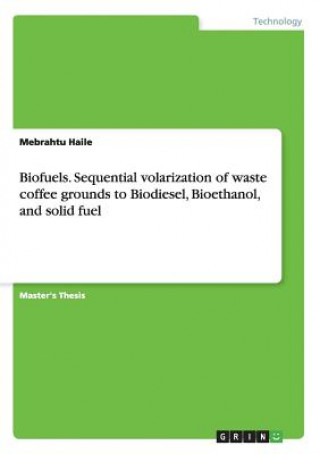
Kód: 02765415
Biofuels. Sequential volarization of waste coffee grounds to Biodiesel, Bioethanol, and solid fuel
Autor Mebrahtu Haile
Master's Thesis from the year 2014 in the subject Energy Sciences, , course: Biofuels, language: English, abstract: In this study, the utilization of waste coffee residue for biodiesel production, its solid byproduct after oil ext ... celý popis
- Jazyk:
 Angličtina
Angličtina - Väzba: Brožovaná
- Počet strán: 104
Nakladateľ: Grin Publishing, 2014
- Viac informácií o knihe

Mohlo by sa vám tiež páčiť
-

Alternative Dispute Resolution
185.68 € -

Baggy Pants Comedy
53.82 € -4 % -

From-Aways
15.57 € -5 % -

Bears Don't Read!
17.93 € -

Through Students' Eyes
143.23 € -

Beste Von Johann Sebastian Bach (John W. Schaum)
22.03 € -

100% Perfect Girl
13.01 €
Darčekový poukaz: Radosť zaručená
- Darujte poukaz v ľubovoľnej hodnote, a my sa postaráme o zvyšok.
- Poukaz sa vzťahuje na všetky produkty v našej ponuke.
- Elektronický poukaz si vytlačíte z e-mailu a môžete ho ihneď darovať.
- Platnosť poukazu je 12 mesiacov od dátumu vystavenia.
Viac informácií o knihe Biofuels. Sequential volarization of waste coffee grounds to Biodiesel, Bioethanol, and solid fuel
Nákupom získate 192 bodov
 Anotácia knihy
Anotácia knihy
Master's Thesis from the year 2014 in the subject Energy Sciences, , course: Biofuels, language: English, abstract: In this study, the utilization of waste coffee residue for biodiesel production, its solid byproduct after oil extraction for bioethanol production, as well as the second byproduct after bioethanol production for solid fuel and compost production was investigated. For the study, waste coffee residue sample was collected from TOMOCA PLC, Addis Ababa, Ethiopia. The oil was then extracted using n-hexane and resulted in oil yield of 19.73 %w/w. The biodiesel was obtained by a two-step process, i.e. acid catalyzed esterification followed by base catalyzed transesterification using catalysts sulfuric acid and sodium hydroxide respectively. The conversion, after esterification of waste coffee residue oil in to biodiesel, was about 80.4%. Various parameters that are essential for biodiesel quality were evaluated using the American Standard for Testing Material (ASTM D 6751- 09). The results obtained for kinematic viscosity (5.3 mm˛/s), carbon residue (0.033%), flash point (222°C), ash content (0.0123%), water and sediment (0.01%), iodine value (73.41 gI2/100g), acid value (0.78), copper striping corrosion (1a) and calorific value (38.4 MJ/kg) revealed that all quality parameters are within the range specified except for acid value. The fatty acid composition of the biodiesel was also analyzed by Gas chromatography and the major fatty acids found were linoleic acid (39.8%), palmitic acid (37.6%), oleic (12.7%), and stearic acid (7.6%). In addition, the solid waste remaining after oil extraction was investigated for possible use as a feedstock for the production of bioethanol. Hydrolysis of the spent was carried out using dilute sulfuric acid followed by fermentation using S. cereviciae, and resulted in bioethanol yield of 8.3 %v/v. Furthermore, the solid waste remaining after bioethanol production was evaluated for compost and solid fuel applications. The result indicated that the processed coffee residues could still be used as compost (21.9:1 C/N) and solid fuel (20.8 MJ/Kg). Therefore, the results of this work may suggest a new insight to production of biofuel from waste materials. Keywords: Waste coffee residue, Biodiesel, spent of WCR, Saccharomyces cereviciae, Bioethanol, solid fuel, compost
 Parametre knihy
Parametre knihy
Zaradenie knihy Knihy po anglicky Earth sciences, geography, environment, planning Earth sciences
77.91 €
- Celý názov: Biofuels. Sequential volarization of waste coffee grounds to Biodiesel, Bioethanol, and solid fuel
- Autor: Mebrahtu Haile
- Jazyk:
 Angličtina
Angličtina - Väzba: Brožovaná
- Počet strán: 104
- EAN: 9783656662105
- ISBN: 365666210X
- ID: 02765415
- Nakladateľ: Grin Publishing
- Hmotnosť: 145 g
- Rozmery: 210 × 148 × 6 mm
- Dátum vydania: 10. June 2014
Obľúbené z iného súdka
-
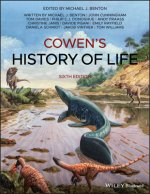
Cowen's History of Life 6e
87.96 € -

Nature of Nature
23.67 € -19 % -

Science of the Earth
35.67 € -5 % -

Information
20.70 € -8 % -

Earth System History
100.06 € -
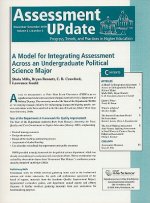
Mesoscale Meteorology in Midlatitudes
93.40 € -3 % -

Terraforming Mars
264.42 € -

ISE Physical Geology
71.87 € -6 % -
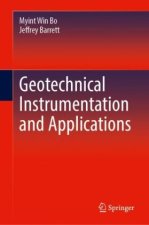
Geotechnical Instrumentation and Applications
101.29 € -5 % -

Geoscience for Petroleum Engineers
129.08 € -

Cold breath of sleeping volcanoes
29.93 € -4 % -
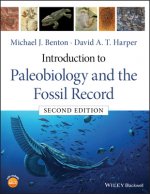
Introduction to Paleobiology and the Fossil Record , 2nd Edition
76.27 € -

Mastering ArchiMate - Edition II
93.40 € -

Quaternary Dating Methods
124.87 € -
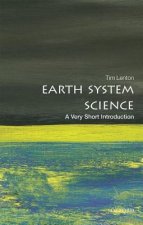
Earth System Science: A Very Short Introduction
10.14 € -23 % -
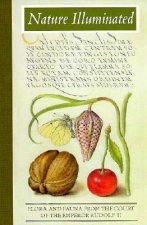
Nature Illuminated
18.04 € -1 % -
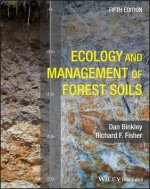
Ecology and Management of Forest Soils 5e
149.99 € -

Earth History and Palaeogeography
106.73 € -

Geochemistry, Second Edition
130 € -

Computational Fairy Tales
15.06 € -

Fundamental Planetary Science
79.86 € -
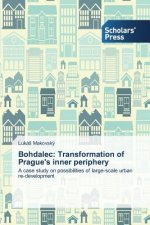
Bohdalec
67.46 € -

New Trends in Earth-Science Outreach and Engagement
139.74 € -

Hunterian Lectures in Comparative Anatomy, May & June 1837 (Cloth)
128.36 € -

Quaternary Dating Methods
123.34 € -
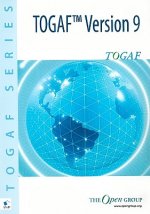
TOGAF Version 9
145.48 € -
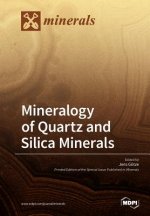
Mineralogy of Quartz and Silica Minerals
74.94 € -
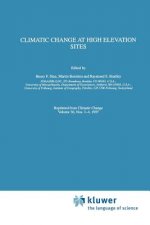
Climatic Change at High Elevation Sites
214.90 € -

Sailing Directory for the Baltic, Comprising a General Description of the Bays, Harbours, Islands, Included Between the Sound and the Gulf of Finland.
23.67 € -

Mutual Evolution of Earth and Humanity
61.61 € -13 % -

Language of the Earth 2e
61.82 € -
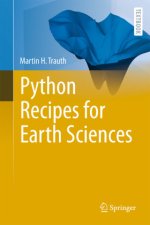
Python Recipes for Earth Sciences
91.55 € -
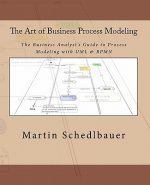
Art of Business Process Modeling
12.70 € -
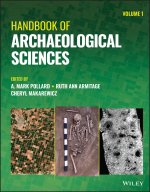
Handbook of Archaeological Sciences
177.17 € -
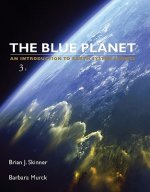
Blue Planet - An Introduction to Earth System Science 3e
238.69 € -

Earth Science, Global Edition
130.41 € -
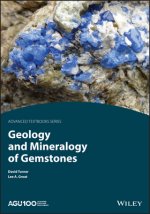
Geology and Mineralogy of Gemstones
146.41 € -

Geological and Mud Logging in Drilling Control
70.94 € -
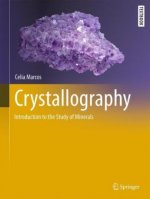
Crystallography
127.23 € -

Red Sea
138.61 € -

Lop Nor China
144.36 € -

In Six Days
17.63 € -3 % -
![Crystallography for Beginners. with an Appendix on the Use of the Blowpipe and the Determination of Common Minerals, Etc. [With 3 Tables of Diagrams.] Crystallography for Beginners. with an Appendix on the Use of the Blowpipe and the Determination of Common Minerals, Etc. [With 3 Tables of Diagrams.]](https://media.libris.to/jacket/07986811t.jpg)
Crystallography for Beginners. with an Appendix on the Use of the Blowpipe and the Determination of Common Minerals, Etc. [With 3 Tables of Diagrams.]
23.98 € -4 % -
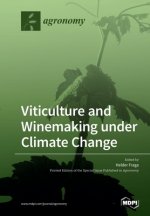
Viticulture and Winemaking under Climate Change
74.94 € -

Oceans For Dummies
26.75 € -5 % -

Principles of Engineering Management
277.54 € -
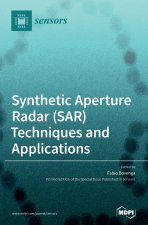
Synthetic Aperture Radar (SAR) Techniques and Applications
83.55 € -

Conservation of Architectural Heritage
277.54 € -

ISE The Good Earth: Introduction to Earth Science
92.06 €
Osobný odber Bratislava a 2642 dalších
Copyright ©2008-24 najlacnejsie-knihy.sk Všetky práva vyhradenéSúkromieCookies



 21 miliónov titulov
21 miliónov titulov Vrátenie do mesiaca
Vrátenie do mesiaca 02/210 210 99 (8-15.30h)
02/210 210 99 (8-15.30h)